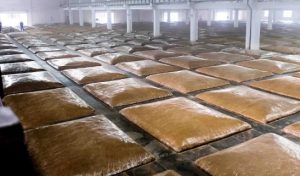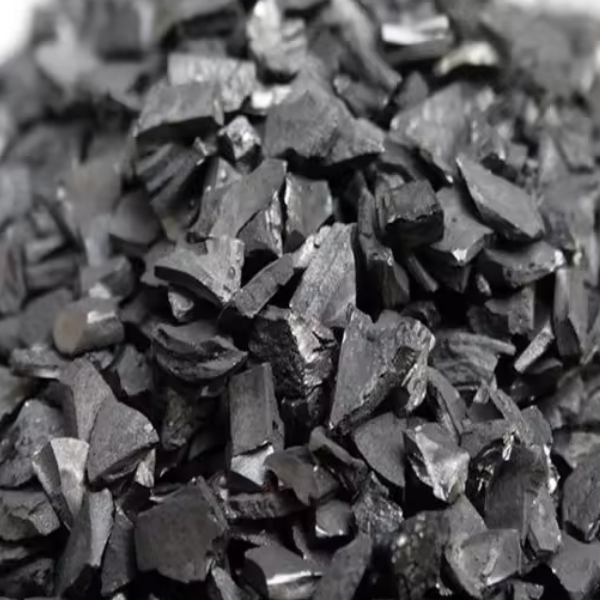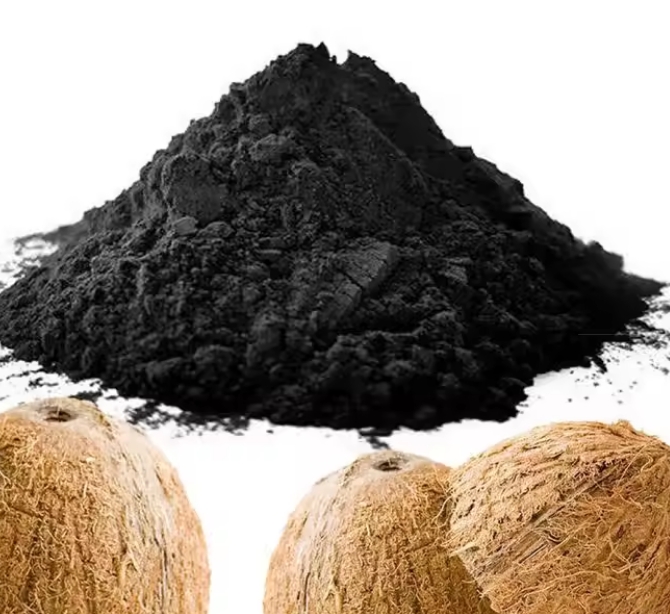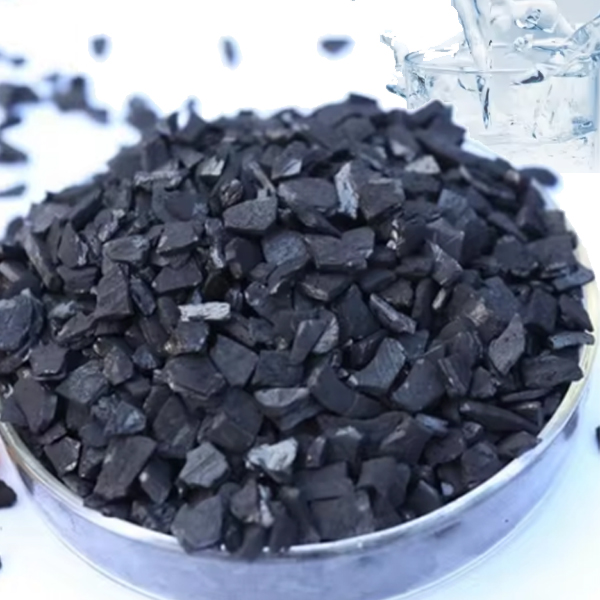In the process of liquor production, coconut shell activated carbon plays a great role. It mainly absorbs the odor and odor substances produced in the process of liquor production, making the liquor taste softer and more fragrant. Coconut shell activated carbon for liquor can reduce the milky white sediment in the liquor. These milky white turbid substances are a mixture of ethyl palmitate, ethyl oleate and ethyl linoleate.Selecting appropriate and professional coconut shell activated carbon for liquor production is an important factor in determining whether the liquor maintains the flavor of the original Luzhou-flavor liquor. Coconut shell activated carbon can accelerate the aging of the liquor. The large specific surface area and oxygen-containing functional groups of coconut shell activated carbon fully contact the liquor, adsorb odorous substances, and accelerate the oxidation of ethanol to acetaldehyde, which is further oxidized to acetic acid, and catalyzes alcohol and acetic acid to produce ethyl acetate and higher fatty acid esters, etc., completing the oxidation, condensation, and deodorization of new liquor that can only be completed in the long term during natural aging in a short period of time, and the effect is better than using other equipment.

Advantages of coconut shell activated carbon in liquor processing:
- It has extremely high chemical inertness and high safety. It has no toxic side effects on the human body and will not react chemically with any ingredients in the liquor. It can maintain the original flavor of the liquor to the maximum extent.
- It has a strong deodorizing effect and can absorb odorous substances such as hydrogen sulfide, sulfide, acrolein, free ammonia, etc. in the liquor, appropriately reduce the muddy smell in the liquor, and improve the aroma.
- It has a developed pore structure, a large specific surface area and adsorption capacity. Among many adsorbents, it has a good adsorption effect and a small amount.
The various esters in liquor are precipitated due to the reduced solubility at low temperature according to the solubility characteristics of the aroma components of liquor. Ethyl oleate and ethyl linoleate are unsaturated fatty acid ethyl esters with unstable properties. When the alcohol content is diluted to below 40% (volume fraction), they are prone to present white flocculent colloidal precipitates due to low solubility. At this time, lowering the product temperature and filtration temperature can effectively remove the precipitate. When the product temperature is below 0℃, it is easier to precipitate the above three substances. Different coconut shell activated carbons have different adsorption of ethyl acetate. Through experiments, it is known that the use of coconut shell activated carbon with a pore size greater than 2nm, its micropores become channels for ethyl esters and will not adsorb ethyl esters, can achieve the process requirements of turbidity removal and quality assurance, so that the liquor after turbidity removal can not only maintain the flavor of the original liquor, but also be non-turbid within a certain range.
Selecting qualified coconut shell activated carbon is an important part of the wine production process. Coconut shell activated carbon improves the quality of liquor with its unique working principle, important role in liquor production and technological advantages in processing liquor.



